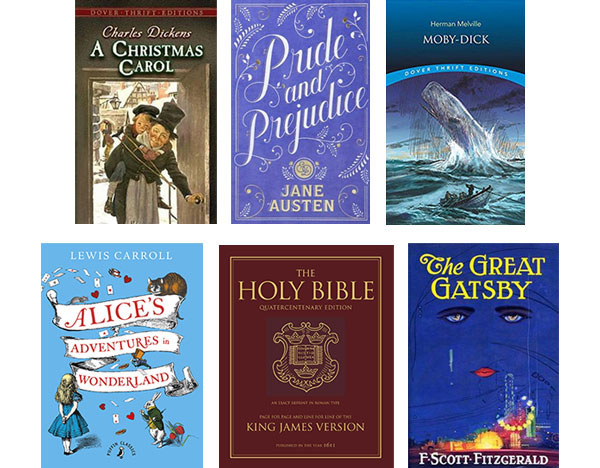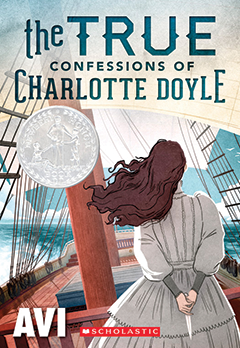
“Marley was dead, to begin with.”
That’s the opening words of Dickens’ A Christmas Carol, and they are, in my judgement, as remarkable as they are memorable. Indeed, the first words of any piece of writing are crucial, being as they are, the window, the door, the invitation, the inducement, call it what you will, to keep reading. A weak opening is not helpful. A good one is crucial. A fine opening is often the key that opens the book, and over time, keeps it open.
“It is a truth universally acknowledged, that a single man in possession of a good fortune, must be in want of a wife.”
Thus, Jane Austen, for Pride and Prejudice
“Call me Ishmael.” Moby Dick
“Alice was beginning to get very tired of sitting by her sister on the bank, and having nothing to do: once or twice she had peeped into the book her sister was reading, but it had no pictures of conversations in it, “and what is the use of a book,” thought Alice, “without pictures or conversations?”
Alice in Wonderland
“In the beginning, God created the Heaven and the earth.” King James’ version of The Bible.
“In my younger and more vulnerable years, my father gave me some advice that’s I’ve been turning over in mind ever since.”
Fitzgerald’s The Great Gatsby
Many years ago, I read a piece by a writer who wrote formulae fiction—the Hardy Boys, in fact. He wrote the bulk of the books easily, quickly. But the first page, he said, he rewrote many, many times. It made a deep impression on me, and over the years, I have labored many an hour over the first page. It’s worth it.
 For a fair number of my readers I suspect the opening sentence of The True Confessions of Charlotte Doyle is a favorite. But it did not come easily. I don’t put in the same league as the samples above, but it seems to have stayed in reader’s minds. For reasons I don’t recall, I saved the evolution of that sentence. The writing went like this:
For a fair number of my readers I suspect the opening sentence of The True Confessions of Charlotte Doyle is a favorite. But it did not come easily. I don’t put in the same league as the samples above, but it seems to have stayed in reader’s minds. For reasons I don’t recall, I saved the evolution of that sentence. The writing went like this:
- Many years ago, I was accused of murder.
- It’s hard to believe that I was once accused of murder.
- No one believes me when I say I was once accused of murder.
- Looking back, it’s hard to believe I had anything to do with murder.
- How many girls are ever accused of murder?
- How could I, a girl, have anything to do with murder?
- Not many girls are accused of murder and found guilty at a trial.
- Few girls of thirteen are accused of murder let alone found guilty.
- Not every thirteen-year-old girl is accused of murder, brought to trial and found guilty.
Did those famous first lines I first cited above require the same kind of evolution? I have no idea. It’s fun to speculate. Perhaps genius, is just that, genius.
But to close, here’s a notion: Readers, share what your favorite opening words might be.
8 thoughts on “First Lines”
There was a boy called Eustace Clarence Scrubb, and he almost deserved it.
‑C.S. Lewis, The Voyage of the Dawn Treader
I LOVE that particular line!
Love that one! Especially since I have an unusual name.
“I wear the ring…” The Lords of Discipline by Pat Conroy. So powerful!
This is a wonderful post, Avi — and an important one.
My personal favorite among my own first lines is from JENNIFER MURDLEY’S TOAD: “If Jennifer Murdley hadn’t been forced to wear her brother’s underpants to school, the whole thing might never have happened.”
It manages to get in a laugh word (underpants) with a set-up that creates a question. (“What whole thing?”)
I wish I could manage one like that every time I’m at bat! I do think the “if/then” formulation is one good way to start.
This is one of my favorite first lines ever and I used it often when I was a school librarian teaching the importance of opening sentences. Now back in the public library, I use it to engage that reader who isn’t sure what s/he likes or wants to read. Attention-getting, funny and a sure-fire hook!
“It was a dark and stormy night.” –Madeleine L’Engle, A Wrinkle in Time, for all the reasons why …
Zeke’s tree wouldn’t speak to him.
-Joni Sensel, THE FARWALKER’S QUEST